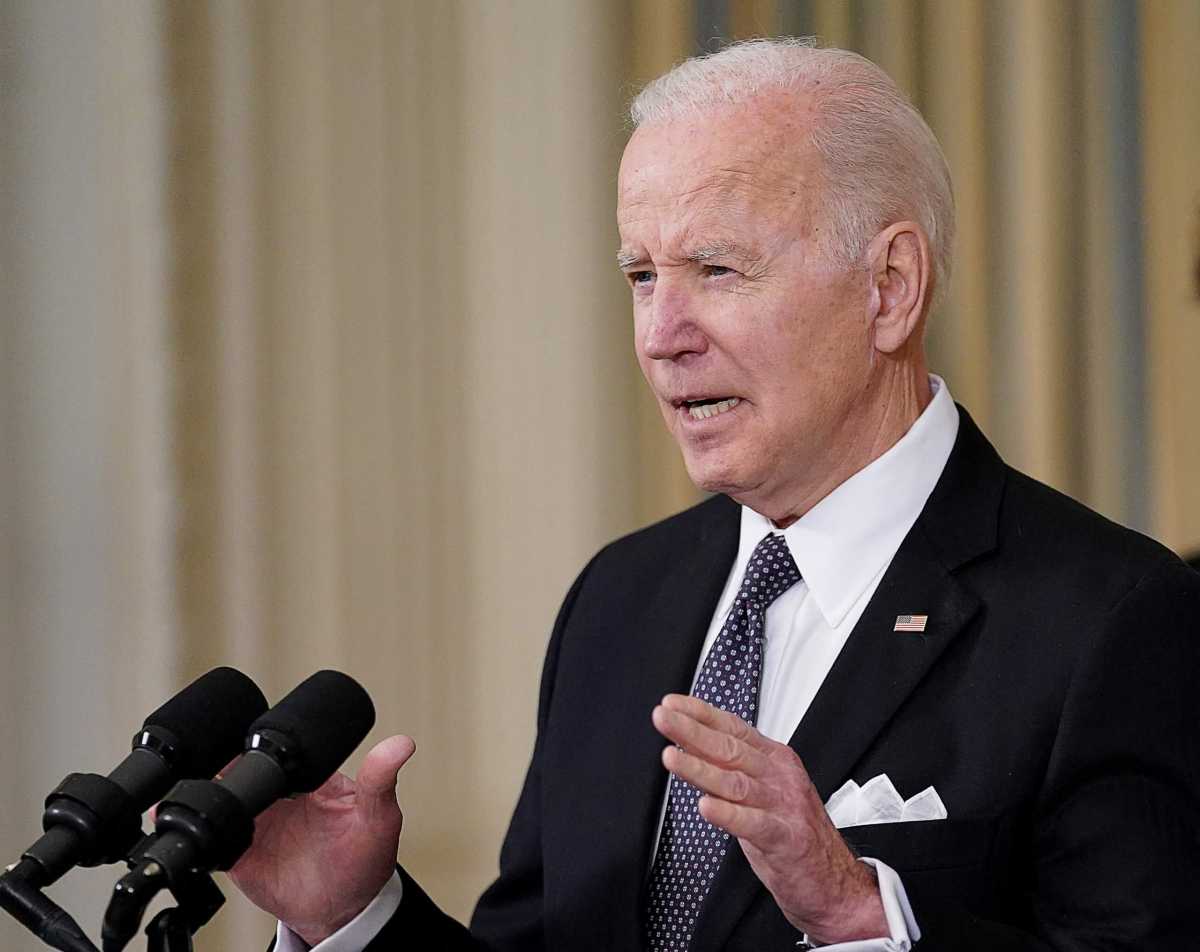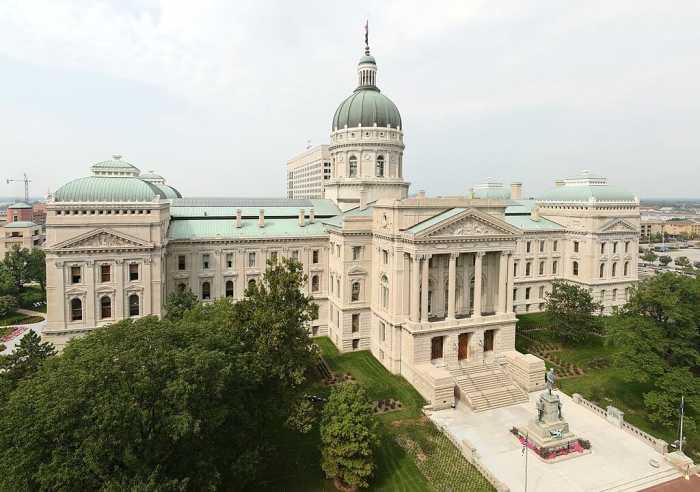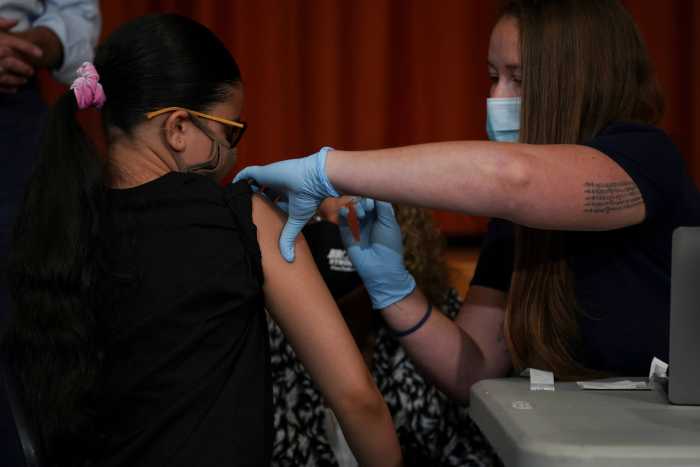The Biden administration is proposing a $377 million increase in federal funding towards the effort to end the HIV/AIDS epidemic and mapping out a decade-long PrEP plan to boost HIV prevention, drawing praise from advocates who say the additional resources should help address inequities.
At the same time, however, others are expressing reservations because the administration is seeking a reduction in the President’s Emergency Plan for AIDS Relief (PEPFAR) and UNAIDS funding — both of which deal with the global fight against HIV/AIDS.
Overall, President Joe Biden’s proposal for the 2023 domestic budget calls for a total of $850 million in funds for the Ending the Epidemic initiative — including increasing access to PrEP among people on Medicaid, which would, in turn, reduce Medicaid costs for HIV treatment, according to the White House.
Notably, the budget intends to require PrEP to be disbursed at no cost for uninsured and underinsured people, provide much-needed services in states and localities, and create a network of community providers in underserved communities. According to a news brief distributed by the White House, the budget proposal aims to cover PrEP without cost sharing — something already underway in many parts of the country, though not uniformly.
The funding comes as many members of Congress are pushing for bolder action on HIV/AIDS prevention. The PrEP Assistance Program Act, which has four dozen co-sponsors — including out gay Congressmember Mondaire Jones of Westchester — would create grants to pay for medication costs, clinic and testing fees, physician visits, and community outreach programs. Another bill, dubbed the PrEP Access and Coverage Act, would also establish similar grants.
“It is reassuring that President Biden is following through on his commitment to end HIV in the US by calling for increased funding for HIV prevention, care, and treatment programs in targeted jurisdictions with the highest levels of HIV,” Carl Schmid, who serves as the executive director of the HIV+Hepatitis Policy Institute and is on the Presidential Advisory Council on HIV/AIDS (PACHA), said in a written statement. “The increases are especially needed after COVID-19 stalled progress and Congress fell short in providing the requested increases for this year.”
The PrEP4All Coalition, which was founded in 2019 and works to expand access to PrEP, said “we strongly support” Biden’s $850 funding request and the broader plan to ramp up an HIV prevention campaign.
“To scale up PrEP as part of an effective, sustainable strategy to end the HIV epidemic, a national PrEP infrastructure must move away from the current reliance on high-cost, brand-name drugs that have resulted in overly complex, difficult-to-navigate programs for the un- and under-uninsured and a relatively small number of access points in the Medicaid program.” Kenyon Farrow, managing director of advocacy and organizing at PrEP4All, said in a written statement.
The coalition stressed that the funding would only be effective if it addresses the gaps in PrEP services impacting Black, Latinx, trans, and gender diverse people. According to CDC statistics from 2019, 63 percent of white people recommended for PrEP are prescribed the medication, but that number falls to 14 percent among Latinx people and eight percent among Black individuals.
“The new funding must be paired with a strategic approach for the investment to have the greatest impact,” the coalition noted. “Such an approach should smartly and effectively use public funding to cover essential PrEP services — including medication and required labs — and create an expanded PrEP access network for uninsured, under-insured, and Medicaid-covered individuals.”
Rachel Klein, the deputy executive director of a national HIV/AIDS non-profit known as the AIDS Institute, said the funding proposal is particularly timely given the impact of COVID on the healthcare system.
“The increases proposed by President Biden are desperately needed,” Klein said in a written statement. “State and local public health programs have been stretched far too thin fighting COVID-19 and have not been able to keep up the fight against HIV and hepatitis at the same time. The proposals in this budget will help us move toward a true program to eliminate both HIV and viral hepatitis.”
Advocates are also welcoming the administration’s hepatitis funding proposal, which exceeds $50 million, but Schmid said it still “falls well short of the community’s request of $140 million” needed to meet the national plan to eliminate hepatitis by 2030. Still, he said it would improve hepatitis testing and link people to care and cure programs.
Others are voicing concerns about the administration’s approach to ending the epidemic internationally. The 2023 budget seeks to trim PEPFAR by $20 million and reduce UNAIDS funding by $5 million.
“President Biden’s budget ignores the fact that insufficient budgets are deadly and pretends that the US can afford to retreat from its responsibility to people with HIV and their communities without repercussions,” Health GAP executive director Asia Russell said in in a written statement. “Funding gaps are the number one thing holding back the global HIV response right now and this budget proposal would make a bad situation much worse.”


































